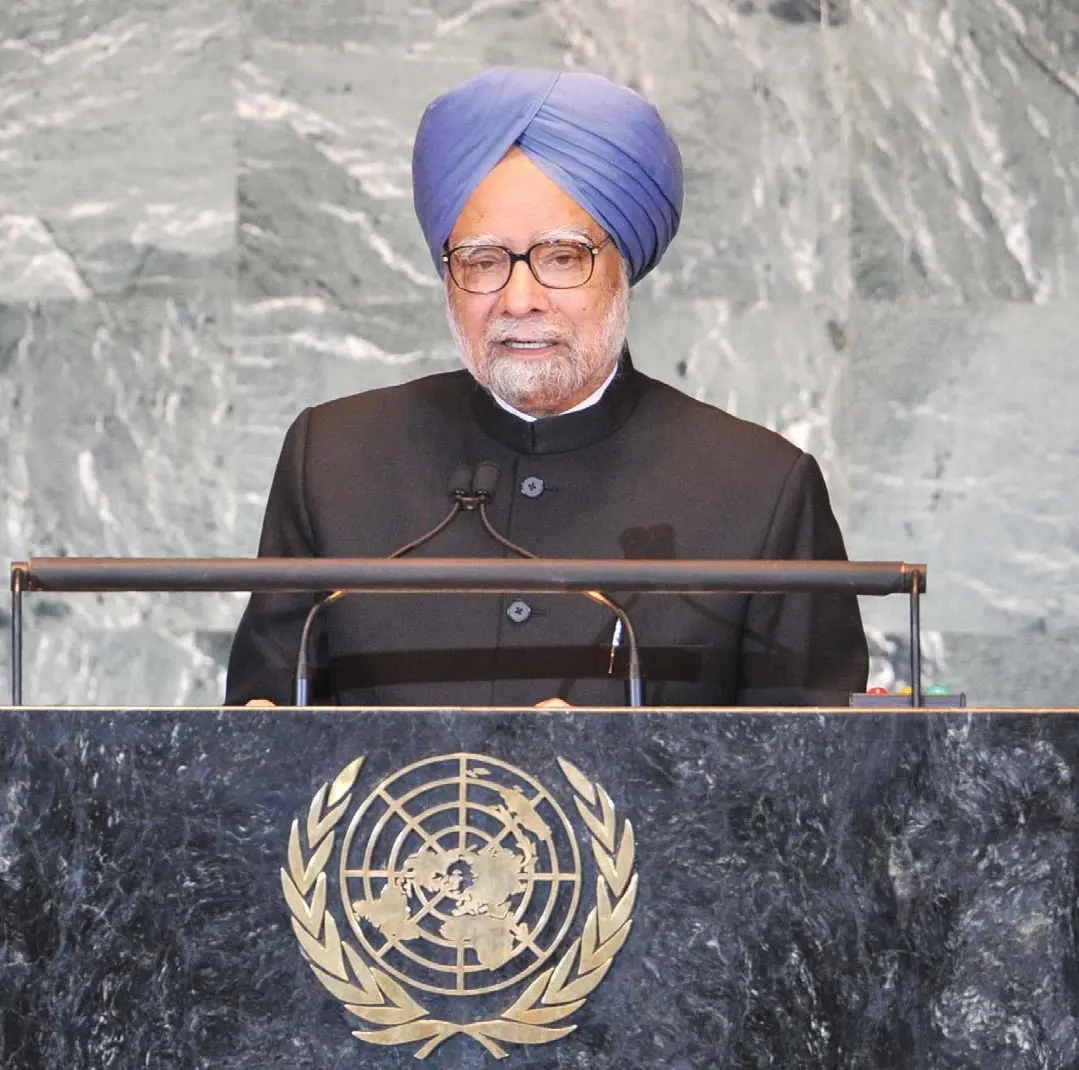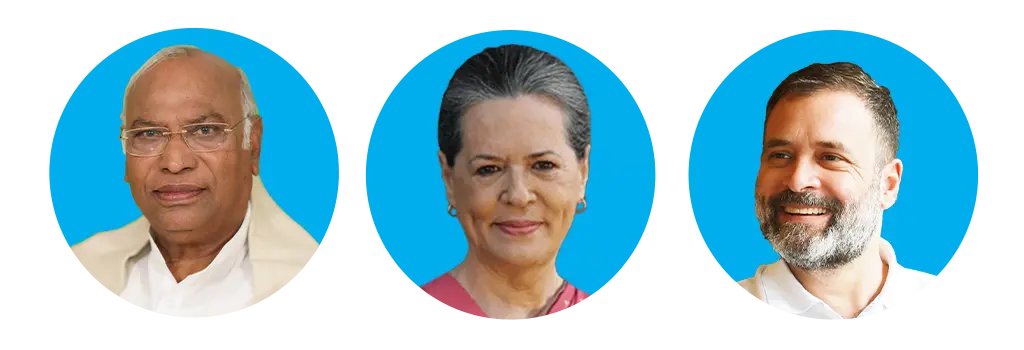National Security
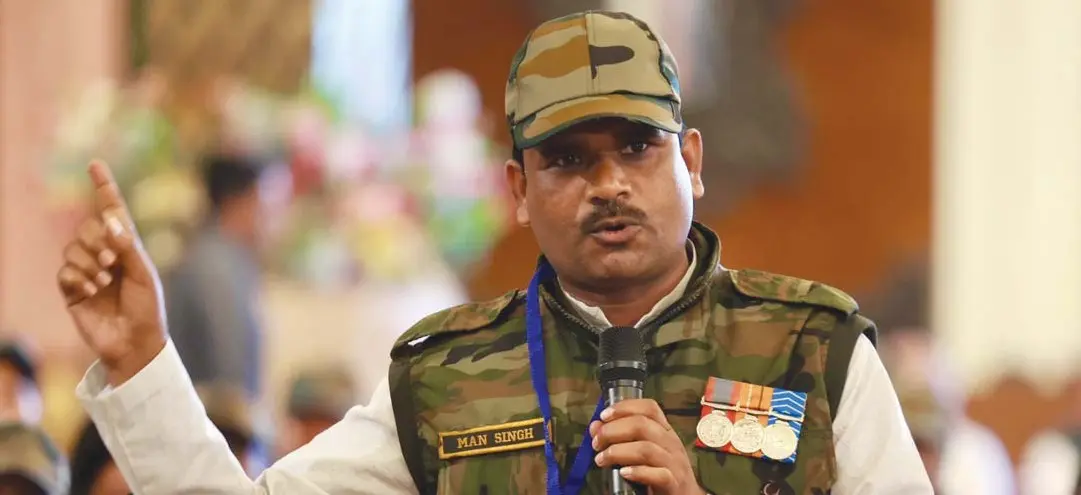
Defence
The Chinese intrusions in Ladakh and the Galwan clash in 2020 represented the biggest setbacks to Indian national security in decades. On 19 June 2020, PM Narendra Modi gave a clean chit to China that considerably weakened our negotiating position. Despite 21 rounds of military-level talks, Chinese troops continue to occupy Indian territory and deny Indian forces access to 26 out of 65 patrolling points, equivalent to an area of 2,000 square km in eastern Ladakh. A Chinese buildup in Doklam threatens the Siliguri Corridor that connects northeast India with the rest of the country.
- The absence of a formal National Security Strategy has led to ad hoc and personalised policymaking. After detailed deliberations, Congress will issue a comprehensive National Security Strategy.
- The Raksha Mantri’s Operational Directive determines the Armed Forces’ war planning. The UPA government issued the last directive in 2009. Congress will bring a new Operational Directive to deal with our current two-front challenge.
- The Chief of Defence Staff (CDS) is a sensitive and crucial post for military reform, preparedness and joint operations. Congress will institutionalise the process of appointing the CDS to ensure transparency and military consensus.
- We will reverse the decline in defence expenditure as a proportion of total expenditure and will ensure that sufficient funds are allocated and spent to meet the requirements of the Armed Forces.
- Congress will scrap the Agnipath Scheme and return to the normal recruitment processes followed by the Army, Navy and Air Force that will guarantee economic and social security for our soldiers.
- Congress will systematically expand the opportunities for women to serve in combatant and non-combatant roles in the Armed Forces.
- The National Security Council (NSC) and the office of National Security Adviser (NSA) will be brought under the oversight of a select committee of Parliament.
- The concept of national security in the 21st century has expanded beyond defence of the territory to include hybrid warfare, data security, cyber security, financial security, communication security and security of trade routes. Congress will evolve suitable policies to address each of these subjects.
- Congress will establish a National Economic Security Board under the NSC with the following objectives:(a.) to monitor possible risks to global supply chain disruptions and suggest counter actions;(b.) to suggest measures to reduce over-dependence on large import sources;(c.) to recommend future courses of action toward inward and outward investments that will strengthen India's footprint in the world;(d.) to monitor global financial flows and identify potential threats to India, along with actions required to mitigate them in advance; and(e.) to work on digital/cybersecurity issues that may threaten India's digital financial infrastructure.
- We will rapidly expand domestic capacity to manufacture defence and security hardware and equipment.
- One Rank One Pension (OROP) will be implemented in accordance with the order of the UPA government dated 26 February 2014. Anomalies that have arisen in the implementation of OROP by the BJP/NDA government will be rectified. We will restore the disability pension and make it tax-free.
INTERNAL SECURITY
In the aftermath of the Mumbai terror attacks in 2008, Congress revamped the internal security system and implemented a number of radical measures. Distressingly, gaps have emerged in the system. Besides, the increase in hate speeches, hate crimes and communal strife has compounded the situation.
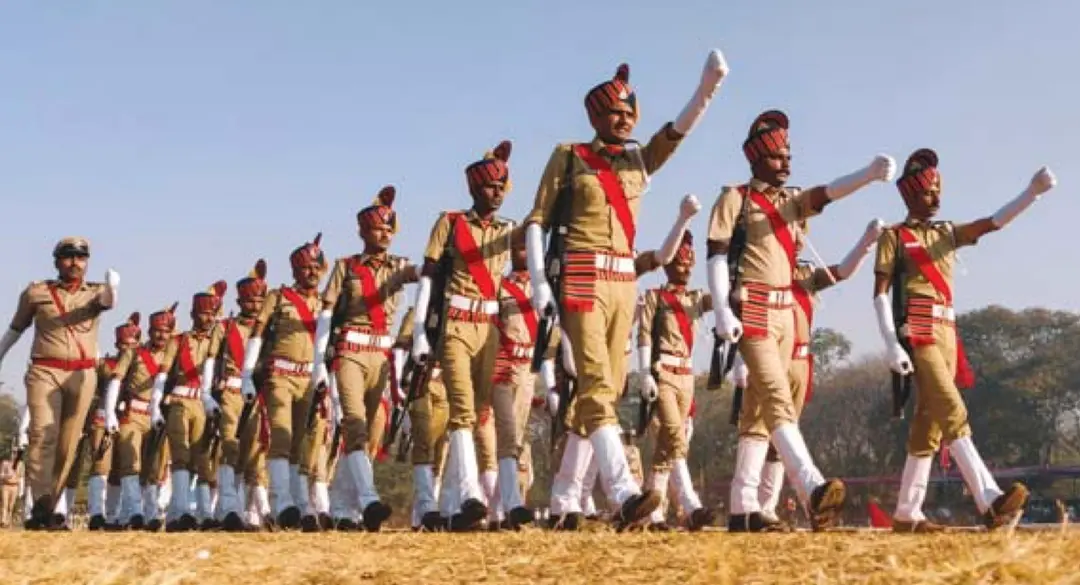
- Congress will put down with a firm hand hate speeches, hate crimes and communal conflicts. According to NCRB data, crimes against women, SC, ST and minorities have increased. We will identify the perpetrators of such crimes as well as their sponsors and punish them in accordance with law.
- Congress is firmly opposed to extra-judicial illegal measures like mob lynching, police encounter killings and bulldozer justice. We will stop them immediately and punish the perpetrators in accordance with law.
- The unfinished agenda of the 2008 reforms are:•NATGRID and•National Counter-Terrorism Centre
- The State police is the first responder to threats to internal security. Congress will work with State governments to build, train and equip the State police forces to maintain law and order and to punish offenders without fear or favour.
- Trafficking and selling of drugs will be put down with a firm hand. Increasingly, ports are used to smuggle drugs. The regulatory and penal provisions will be strengthened, and drug smugglers and traffickers, and their accomplices, will be dealt with sternly in accordance with law.
- The strength of the Central Armed Police Forces (CAPF) will be augmented and modernized. Our goal is that 33 per cent of these forces will be made up of women. The Service Rules will be revised and updated. The forces will be deployed having regard to the needs of training, rest and recuperation.
- We will fill the vacancies in the CAPF and achieve the full sanctioned strength.
FOREIGN POLICY
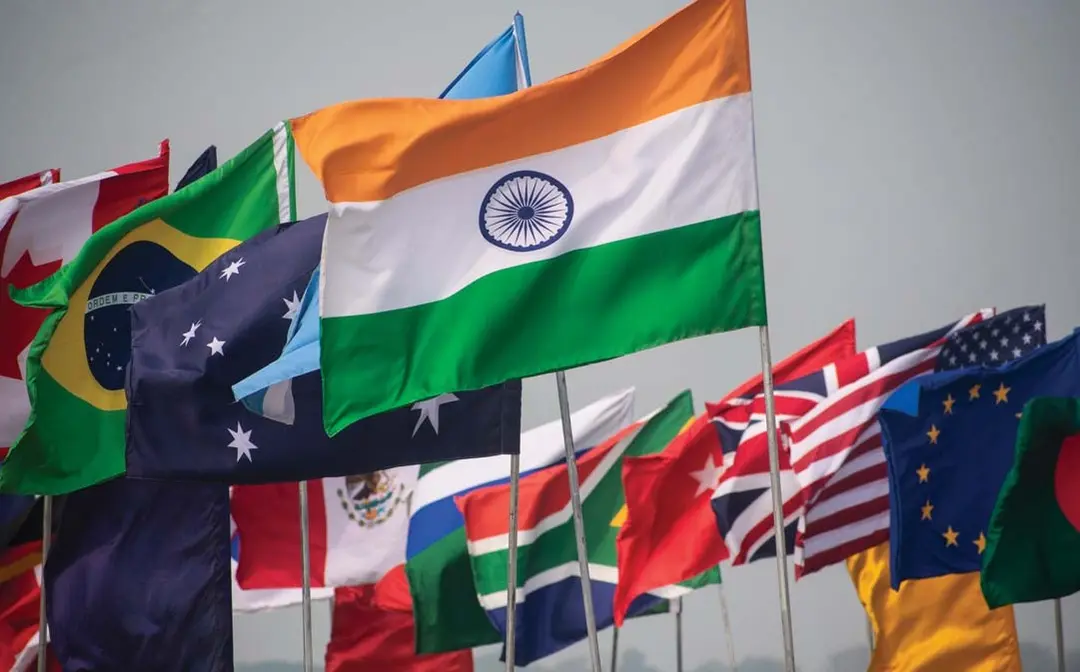
- Congress affirms and will uphold continuity in India’s foreign policy. Our approach was profoundly shaped by the freedom movement and developed through the wisdom of visionary leaders like Jawaharlal Nehru.
- There was a consensus on foreign policy since Independence. Unfortunately, in many areas, foreign policy under the BJP/NDA government has witnessed marked departures from this consensus, notably on the ongoing Gaza conflict. Congress pledges to restore India’s global reputation as a voice of peace and moderation in world affairs.
- Congress re-affirms its firm belief in the continued relevance of the established policy of peaceful co-existence, strategic autonomy in thought and action, and increased bilateral engagement in its relations with the countries of the world.
- We will work to strengthen India’s role in multilateral institutions, co-ordinate positions with other countries of the Global South on vital issues, and continue to work for reform and empowerment of international organisations to deal with the major challenges that transcend borders.
- Enhanced foreign trade will be an important element of our foreign policy and we will make every effort to conclude long-pending trade negotiations with other countries in the interests of Indian producers and consumers.
- Congress is implacably opposed to terrorism anywhere in the world. We will work with other countries to eliminate terrorist groups, terrorist acts and cross-border terrorism.
- Congress will work to repair India’s international image that has been damaged by the present government’s intolerance of dissent and suppression of human rights.
- Congress recognises that national security is not enhanced by chest-thumping or exaggerated claims but by quiet attention to our borders and resolute defence preparedness. We will work to restore the status quo ante on our borders with China and to ensure that areas where both armies patrolled in the past are again accessible to our soldiers. We will take the necessary steps to adjust our policy towards China until this is achieved.
- Congress will pay greater attention to our immediate neighbours. We will re-establish the primacy of our special relationships with Nepal and Bhutan and strengthen them to our mutual benefit. We will enhance economic and cultural relations between India and Bangladesh that are the two most populous countries in South Asia. We will work with Sri Lanka to restore the political and commercial relations between the two countries and help Sri Lanka resolve its political issues especially with the Tamils. We will repair relations with the Maldives and work with Myanmar to protect the political and human rights of the people of Myanmar.
- Engagement with Pakistan depends fundamentally on its willingness and ability to end cross-border terrorism.
- Congress will significantly increase the size of the Indian Foreign Service, open more missions abroad, leverage our economic strengths, and acquire a position of leadership through the country’s values and mutually beneficial economic relationships.
- We will revive the position of a Minister of State handling overseas Indians within the External Affairs Ministry to provide this important constituency with a one-stop window to address their concerns.
